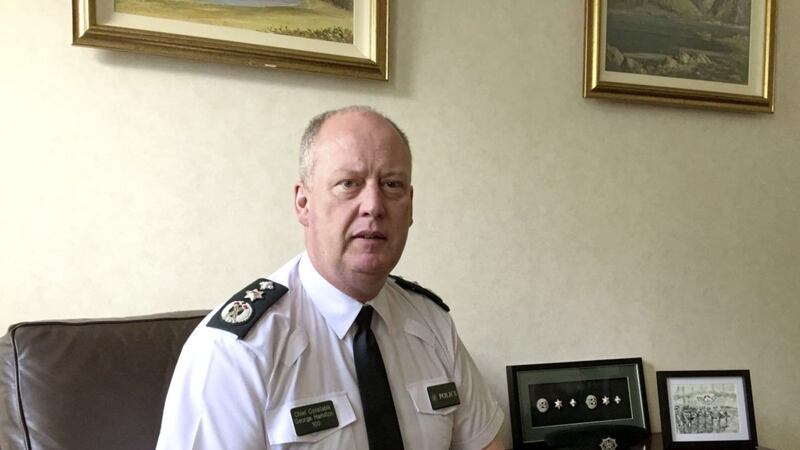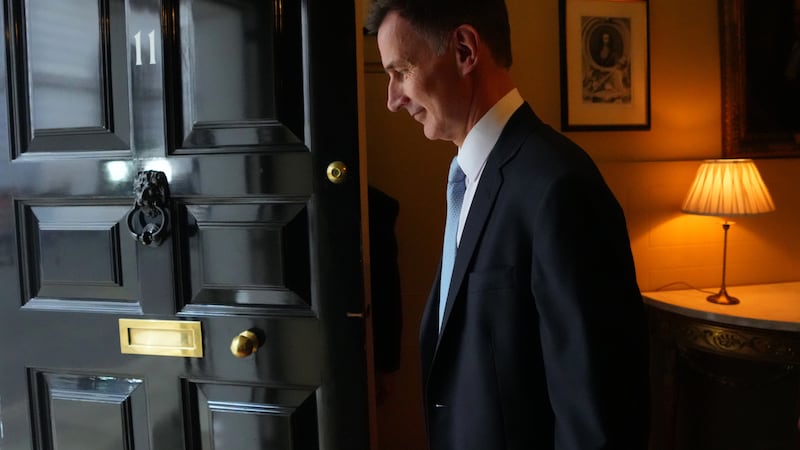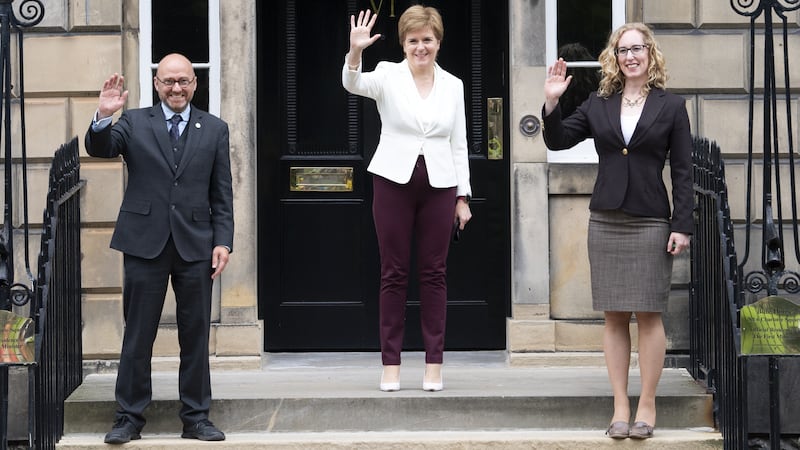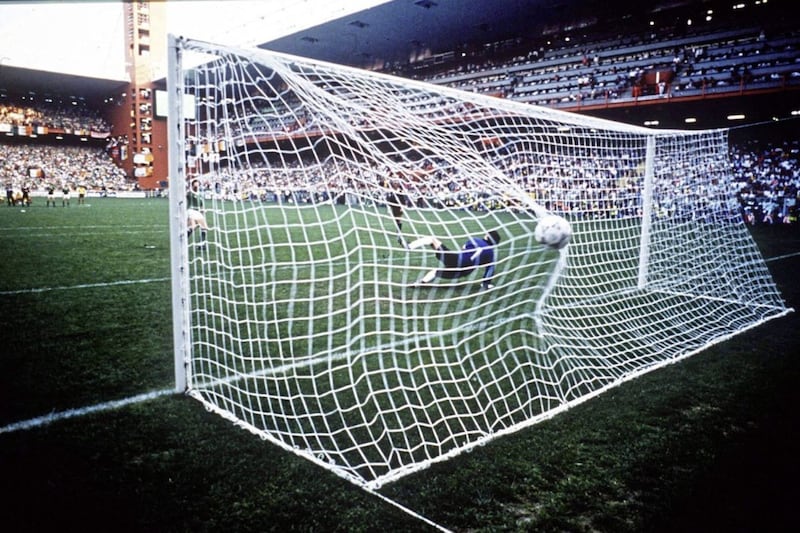POLICE have 'one hand tied behind their backs' because paramilitaries were allowed to decommission weapons before they underwent forensic tests, the PSNI's Chief Constable has said.
George Hamilton did not criticise the decision but he said police could have got a "rich source of forensic evidence" from decommissioned guns, ammunition and bombs.
"Certainly from a pure harvesting of forensic evidence, that is a major line of inquiry that is significantly reduced for us," he told the BBC.
As part of the Good Friday Agreement, the parties agreed to use their influence to push for decommissioning.
In 2001, Ulster Unionist leader David Trimble resigned as first minister in protest at the Provisional IRA's reluctance to decommission.
The group officially decommissioned all its weapons by September 2005. In 2009, the UVF, UDA and Red Hand Commando said they had started to decommission their arsenal.
The PSNI has backed British government plans to establish the independent Historical Investigations Unit to investigate more than 1,700 unsolved killings.
However, Mr Hamilton warned that only around four per cent of investigations are likely to result in convictions.
"That is because of the passage of time, reduction in the quality of evidence, memories fade, witnesses die, frankly, and as time passes the chances of a criminal justice outcome are significantly reduced," he said.
"I don't want to be defeatist about it. We, or whichever investigative body is doing this, should look at all of the evidence, go where the evidence takes us.
"All I'm saying is that historically, over the past 12, 14 years we've been working at this, the success rate for prosecutions is in around three or four per cent and there's nothing that I'm seeing that would indicate that that's likely to increase."
Despite the low figure, he said investigations into Troubles murders should continue.
"I think for a significant number of families and victims the possibility of a criminal justice outcome, of somebody being held to account in a criminal court for the murder of their loved one, is important to them and therefore it would be very difficult for me to support that, just out of care for those victims and the loss that those families have suffered," he said.








